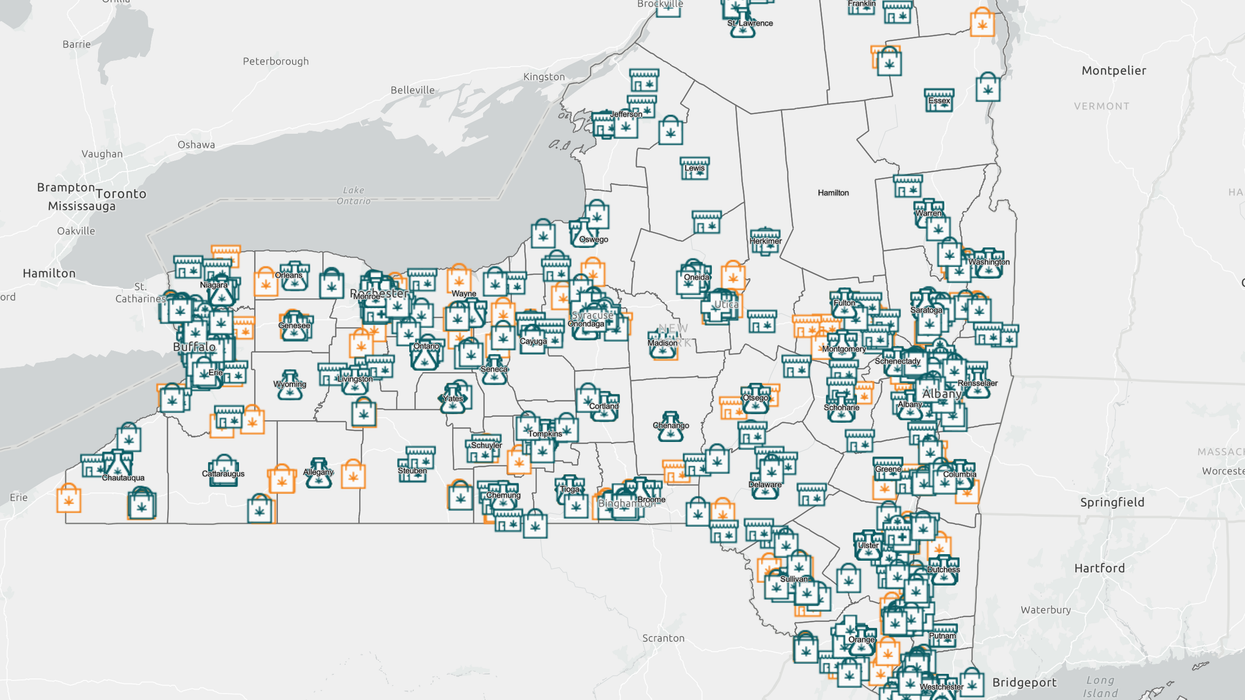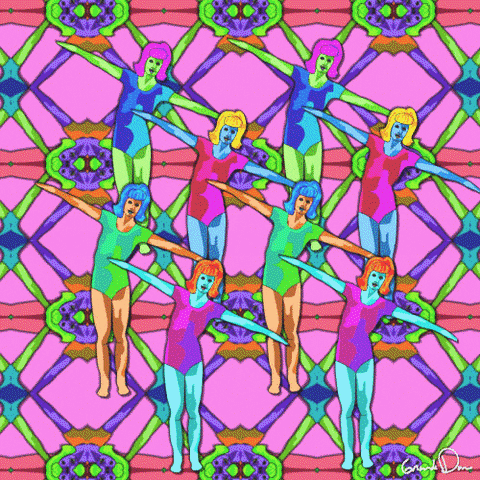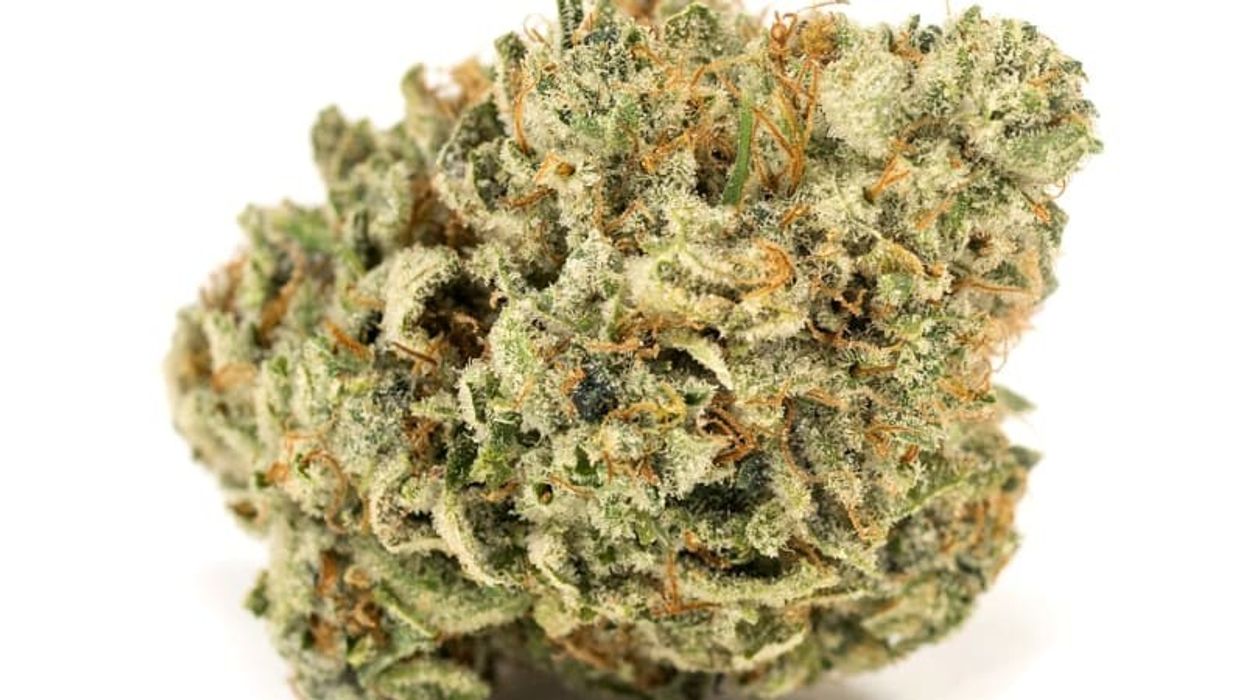The exploration of psychedelic plants for therapeutic and ceremonial purposes has deep roots, dating back centuries within indigenous societies worldwide.
In the U.S. the modern interest in psychedelics was sparked in part by R. Gordon Wasson's 1957 Life magazine article, "Seeking the Magic Mushroom." This article not only introduced Americans to the therapeutic possibilities of psilocybin mushrooms but also marked the beginning of psychedelics entering the cultural and scientific consciousness.
Timothy Leary's Harvard Psilocybin Project further cemented the interest in psychedelics, introducing the critical concept of "set and setting"—the mental state and physical surroundings that are now recognized as foundational to the psychedelic experience.
And, in more recent years Michael Pollan’s 2018 book How to Change Your Mind: What the New Science of Psychedelics Teaches Us About Consciousness, Dying, Addiction, Depression, and Transcendence, which has since become a four-part Netflix series of the same name provide a thoughtful and wide-ranging look at psychedelic therapy grounded in accounts of their centuries-long sacramental use and of their uneasy history in modern society, especially in the United States, has propelled psychedelic therapies to the forefront of media, culture and science.
In this suddenly revitalized landscape of plant medicine and psychedelic therapy, Derek Chase has quietly emerged as a visionary entrepreneur adept at navigating the intricate regulatory frameworks with ease.
As the founder of the CBD beauty brand Flora + Bast, Chase has spent years mastering the complexities of the hemp & cannabis industry. His latest venture, Psilouette, marks a bold foray into the realm of legal plant medicine & “at-home” psychedelic therapies, introducing psilocybin & functional mushroom supplements—a decision deeply influenced by his own transformative experiences with psychedelics.
Chase's Evolution from Cosmetics to Plant Medicines
Chase's pivot into the wellness sector was sparked by his extensive background in brand building with cosmetics giants like L’Oréal and Johnson & Johnson. During his tenure at Kiehl's, a desire to break away from the corporate constraints propelled him towards exploring the mental health benefits of psilocybin.
"I was trying to release myself and utilized mushrooms to do so," Chase recounts, sharing how his positive early experiences with homemade gummies laid the foundational stones for Psilouette.
Inside Psilouette: Shaping Mental Health Care's Future
In a nondescript warehouse in Denver, Chase and his team at “Psilo” are seeking to enhance mental health treatment by integrating psychedelic medicine with therapy. They aim to address conditions like depression, anxiety, and PTSD in groundbreaking ways.
"We want to get people ready for the deeper healing experiences psychedelics can provide," Chase states, focusing on the importance of integrating these experiences for lasting change.
Psilo, a testament to the psychedelic renaissance we find ourselves in, has aided thousands since its inception in 2020. Chase's approach has always been empathy-first, focusing on desired outcomes for those suffering before considering the business model.
However, as Psilo admittedly operates within a legal gray area, Chase is looking forward to a future where psychedelic therapies are both legally and widely accessible, planning for Psilo's transition to a fully regulated model as policies evolve.

Contemporary Psychedelic Therapy
Psilouette’s narrative parallels the evolution of psychedelic therapy from those early experiments to today's “direct-to-consumer” or “at-home” models, which incorporate technology and personalization to enhance the therapeutic process as well as democratize access.
Companies like Compass Pathways, Mindbloom (ketamine therapy), and MindMed are pioneering clinical trials and developing medications, while integrating digital platforms to support the therapy process. This modern approach to psychedelic therapy emphasizes the importance of integration, where experiences during the trip are processed and incorporated into one’s life through talk therapy, journaling, and goal-setting, echoing Chase's commitment to education and responsible use.
Chase's venture, Psilouette, can be seen as part of this broader movement towards legitimizing and harnessing the therapeutic potential of psychedelics. The emphasis on precise dosing, safety, and the therapeutic value of psychedelics underlines a continuation of the careful consideration of "set and setting" that Leary emphasized. Moreover, Psilouette’s approach to guiding consumers through their psychedelic journeys resonates with the modern therapeutic models that combine drug administration with comprehensive support and integration, mirroring the services offered by companies like Field Trip and Mindbloom.
These services often rely on a digital dashboard to track sessions, moods, and outcomes via an app which also provides a guided experience through calming visuals and introspective prompts. These services, individually and collectively, reflect a digital evolution of the psychedelic experience.
This evolution towards ‘self-administration’ and digital integration in psychedelic therapy highlights the balance between the traditional elements of "set and setting" and the modern emphasis on technology and personalization in enhancing therapeutic outcomes.
The best outcomes for mental health will likely occur via professional support vs. self administration. Having tried Mindbloom previously myself, I did feel their pre- and post-session guidance & integration support to be lacking and surface level. Though, that’s my own personal opinion and experience, your experience will be unique if you do the necessary research and approach it mindfully and intentionally.
Buyer Beware?
With psychedelics surging in popularity in recent years: 1.4 million Americans tried hallucinogens for the first time in 2020, according to the National Survey on Drug Use and Health. This enthusiasm is partly attributed to clinical trials showing that the drugs, most notably psilocybin and ketamine, hold real promise in treating some mental health disorders, particularly depression.
There has also been a critical shift in how these drugs are presented in popular culture and the media, like in Michael Pollan’s best-selling book and Netflix series. Two states, Oregon and Colorado, have now legalized psilocybin for therapeutic use, with more and more local municipalities nationally following suit.
As these drugs gain mainstream acceptance, more and more people will likely consider taking them, both therapeutically and recreationally. Experts who study these substances strongly urge that people only use them in supervised therapeutic settings, such as in a clinical trial or at an established ketamine clinic, partly because of safety concerns and partly because they are illegal outside of these confines. Realistically, though, many people will use them elsewhere.
Psychedelics have an extremely low chance of lethal overdose and there is little likelihood of addiction. As a result, they have been classified by experts as some of the least harmful recreational drugs. But that doesn’t mean they are entirely without risk. Because of this, psilocybin trials and ketamine clinics have strict exclusion criteria to try to protect people who have physical or psychological vulnerabilities.
If you’re considering using psychedelics therapeutically, Dr. Stephanie Z. Chen, PhD, a Licensed Clinical Psychologist and Associate Professor with a private practice in Northern CA offering remote KAP sessions, brings a nuanced perspective worth considering before embarking on this journey, emphasizing the “need to educate oneself on the effects, proper dosing, and the risks associated with psychedelics is paramount.” As the saying goes, knowledge is power.
Dr. Chen also advocates for informed decision-making, mindful usage, and the significance of integration and support post-journey. Which not all “at-home” services provide.
According to Dr. Chen, “understanding the intent behind using psychedelics is crucial, whether it's for stress relief or addressing mental health issues."
She also highlights the non-ordinary nature of psychedelic experiences - namely, “unlike other functional supplements by comparison, psychedelics in all its forms, are “mind altering,” - and therefore stresses the importance of a “cautious approach, especially for first-time users.” She suggests "first-time users should start small and seek guidance to avoid overwhelming experiences."
Lastly, Dr. Chen reminds interested users that Psilocybin is still a Schedule 1 drug and therefore illegal federally. Taking it (in whatever form) can have serious and real consequences (i.e. legal, carceral, occupational, etc.) depending on where you live (county, state) and your racial identity. Drug laws (targeting, restrictions, sentencing) continue to be particularly harsh and damaging to Black and Brown people and communities.
Chase's goal is to mainstream psychedelic therapies as a viable option for mental health treatment balancing innovation with a strong emphasis on responsibility, education, and informed decision-making in the rapidly evolving field of psychedelic medicine. And, he’s off to a good start.
Amid growing investor interest in psychedelics, Psilo and its cohorts remain dedicated to this mission of transforming mental health care through empathy, innovation and ultimately access. Time will tell if they achieve this mission and improve mental health outcomes for more and more people.







 How to Make Mushroom Tea - The Bluntness
null
How to Make Mushroom Tea - The Bluntness
null
 How to Make Mushroom Tea - The Bluntness
www.pickpik.com
How to Make Mushroom Tea - The Bluntness
www.pickpik.com














 FDA Approves Landmark Cannabis for PTSD in Veterans - The Bluntness
Photo by Wesley Tingey on Unsplash
FDA Approves Landmark Cannabis for PTSD in Veterans - The Bluntness
Photo by Wesley Tingey on Unsplash

 What Are Psychedelics?
What Are Psychedelics?